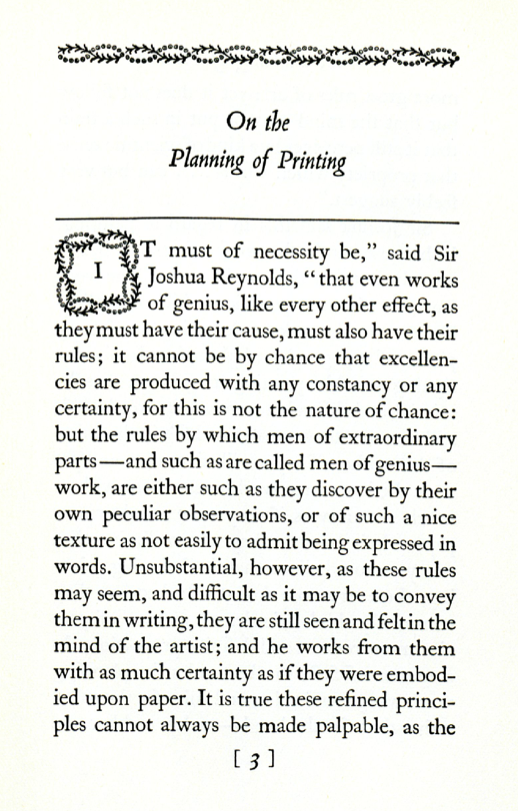I spent a few hours in the library this morning, but doing any useful digital work was prevented by ergonomics issues. As someone who, in essence, has been typing professionally for 32 years, I have a stronger-than-normal concern with the design of my workspace, and having a proper keyboard, mouse and display as well as having a good chair and a desk that’s at the right height are all vitally important if I’m going to be productive. The setup of my room 322 office is getting better – I acquired a new keyboard on the weekend, and brought an Apple Mighty Mouse out of my strategic mouse reserve – but it’s still not optimal: I really need to find a way of getting a larger monitor, as staring at the tiny 13” laptop screen isn’t going to work, I need to take my wrist brace with my from the downtown office, and I need a pair of shoes (often overlooked: shoes affect foot placement, which ripples through to a whole host of other ergonomic issues). I’ve got a list, and I hope by my next visit things will be optimized.
The Ethernet jack in room 322 is still dead – I inquired today and was told that it’s hoped someone will look at it today – so I was also a little less wired (or, rather, wirelessed) in the office today, which contributed to a feeling of almost-but-not-quite-ness.
Fortunately the analog world rose to the challenge: a few weeks ago, in a blog post about the Woodside Press in Brooklyn, I came across a reference to the book In The Day’s Work:
When I first got into printing, I was given a book by DB Updike called “In The Day’s Work” which I recommend to anyone in any creative field, although this book is more for the practical printer. Basically it says take pride in your work, keep your shop clean and organized, and don’t let your clients make decisions because you, as the printer, are the expert. I should have read that more closely and taken it to heart.
I knew that it was a book that I had to read, for a whole host of reasons. I found the book in Google Books, but the full text wasn’t available; as it was a Harvard University Press book, I sent an enquiry to the Harvard Library via its excellent Ask a Librarian service, and a librarian quickly replied:
We don’t have access to the Google Books version either. You can use this form to request a copy of Harvard material, but such a request might run afoul of copyright restrictions. In any case, you will be notified as to the viability of your request.
Other than that, WorldCat shows it to be available at a large number of libraries, and if there is one near you and you can get access, you may be able to do your own copying or scanning.
Per their advice, I requested an interlibrary loan of the book from Robertson Library on January 3, and, just over a week later, I received notice that the book had arrived, and I picked it up at the circulation desk this morning. It’s a beautiful book, obviously typeset with care (understandable given the audience and the material); the copy I received came from Memorial University in Newfoundland, and a bookplate indicates that it came there as a gift from Harvard.
Otherwise, I’m giving some thought to Islandora, the Drupal front-end for Fedora Commons that UPEI is deeply steeped in, and, specifically, I’m thinking about mechanisms by which Islandora could become “more Drupal-like.” More on that soon.
 I am
I am
Add new comment